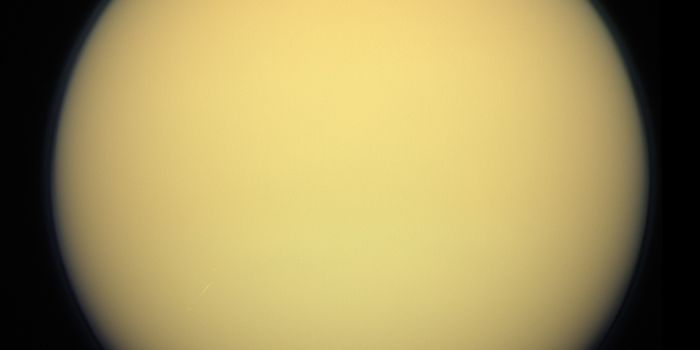The Chemical Mixture That Attracts Mosquitoes
If you’re prone to mosquito bites, it might be because of these chemicals on your skin.
Besides being general annoyances, mosquitoes can also spread dangerous diseases such as Zika, dengue, and yellow fever. Previous research has shown that mosquitos are attracted to a scent on human skin, but the specific combination of chemicals that comprise this scent has been unknown until now.
Researchers Jan Bello and Ring Cardé at the University of California, Riverside, discovered that a mixture of carbon dioxide, 2-ketoglutaric acid, and lactic acid creates the perfect aroma to attract female Aedes aegypti mosquitos. The research was published in Scientific Reports on September 21.
There are a variety of factors that attract mosquitos. Still, when Cardé and Bello took away the heat, moisture, and visual components that could also influence mosquito targeting, they found that the mosquitoes used smell to choose their targets.
To determine which chemicals made up the alluring scent, Bello walked around in socks full of glass beads to collect the smell of his sweat. Then, the two researchers used a two-choice, bioassay-guided fractionation to separate the chemicals in the mixture.
Traditional chemical identification methods, like gas chromatography, would not have been able to identify 2-ketoglutaric. Bioassay-guided fractionation separates a chemical from its source based on bioactivity, and the researchers used this method to separate the chemical components in the scent of the sweat.
Once the chemicals were separated, they observed how the mosquitoes behaved when exposed to each. The researchers found their big three—carbon dioxide, 2-ketoglutaric acid, and lactic acid—and further determined that a mixture of pyruvic acid and L-lactic acid is also slightly attractive to mosquitoes.
While Cardé and Bello are excited about the implications of their research, they have yet to determine what chemical mixtures attract other species of mosquitoes. However, they hope their discovery can help others trap and eliminate disease-spreading mosquitoes.
Sources: University of California Riverside, Scientific Reports








